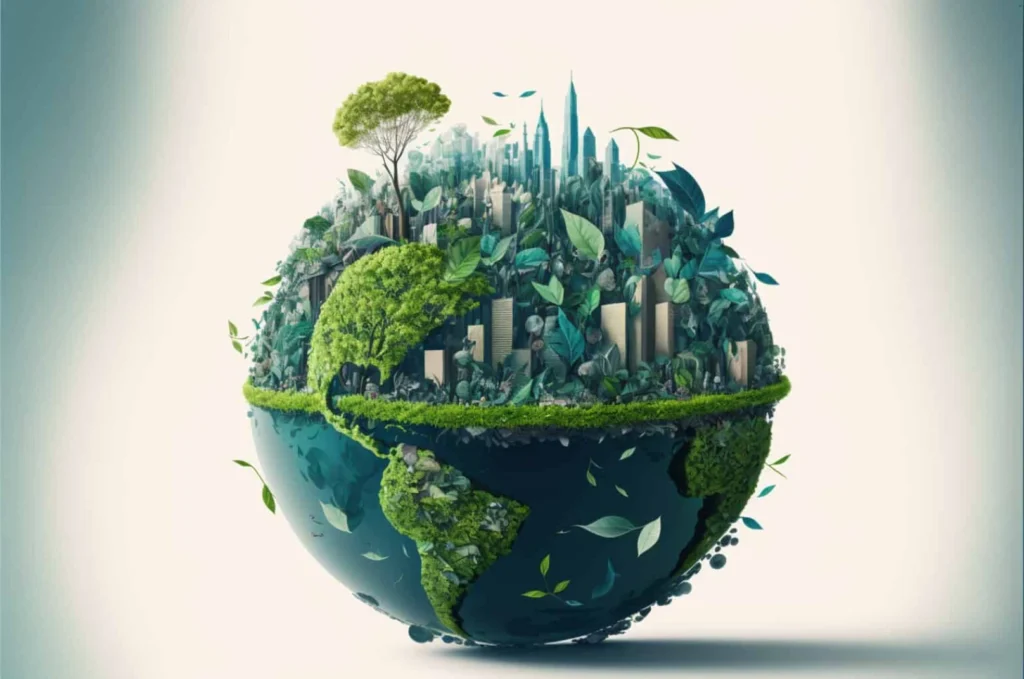After reviewing the Truscost report last week, it was alarming to see the true value of the natural resources we exploit. Everyone should pay the cost of what they utilise, and we are on the brink of a shift where companies are starting to realise this too. It is not only their ethical duty, but it makes financial sense to protect the natural resources that these companies rely on to survive.

We are all aware that we are depleting our natural resources at an alarming rate and our planet faces a serious threat. According to a recent report from Trucost, none of the world’s top industries would be profitable if they had to pay for the natural resources they consume. This is a major problem that we cannot ignore any longer. The alarming exploitation means that future generations will pay the cost to restore them if we want a sustainable future.
Water is a prime example of a natural resource often taken for granted. Many industries rely heavily on water for their operations, such as food and beverage production. However, the true cost of this water usage is rarely considered. The impact on local ecosystems and communities, as well as the long-term depletion of water resources, is not factored into the cost of doing business.
The report estimates that water scarcity could cost the global economy $63 trillion by 2050. In addition, industries such as beverage production, agriculture and textiles are known to be major water consumers, with some estimates suggesting that the textile industry alone accounts for 20% of global water usage. Furthermore, greenhouse gas emissions are a significant concern. The report estimates that the top 100 environmental impacts of business, including greenhouse gas emissions, cost the global economy $4.7 trillion annually. We must act now to reduce our consumption of natural resources and greenhouse gas emissions. By doing so, we can create a more sustainable future for ourselves and future generations.
This is where sustainable practices come in. We need to start valuing and conserving our natural resources, not only for the sake of the environment but also for the economy. By reducing our water usage and adopting sustainable water management practices, we can ensure we can continue to thrive.
We need action from industries to increase investment in water-efficient technologies and processes to minimise their water consumption. Rapidly increase the switch to renewable energy sources and invest in energy-efficient technologies. Reduce waste production and explore reuse possibilities to increase circular economy solutions.
The depletion of natural resources is a major issue that must be addressed. It’s time for all of us to take responsibility for our actions and work towards a more sustainable future. By valuing and conserving our natural resources, we can create a world that is not only profitable but also sustainable.
Read the full report here.

